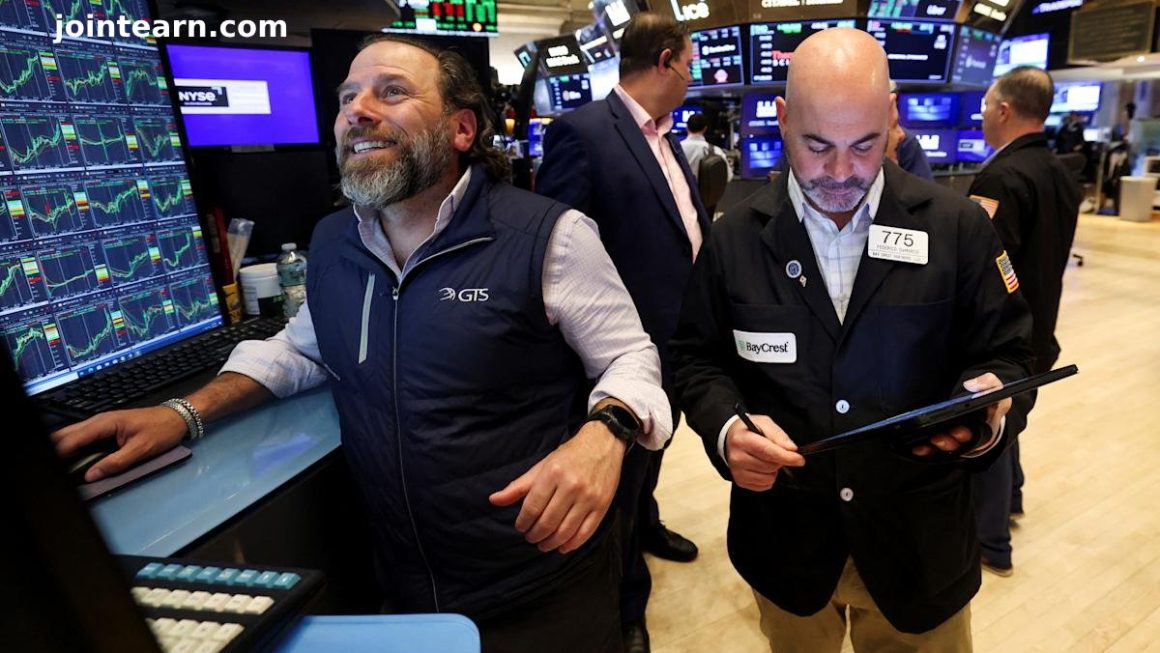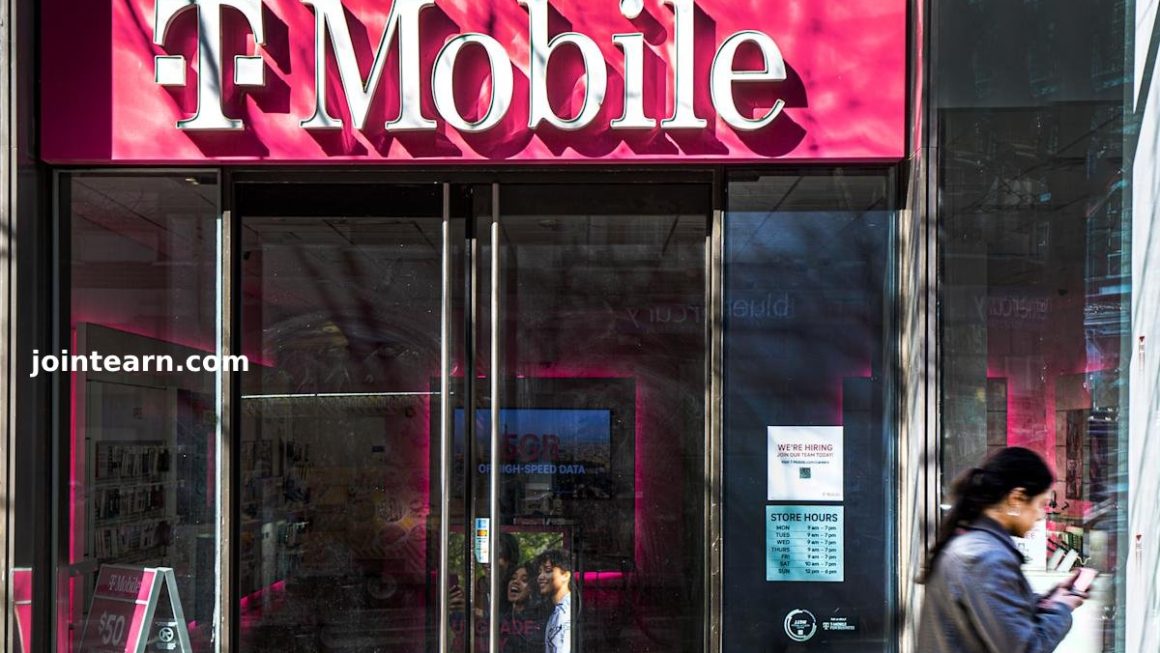The ongoing trade tensions between the U.S. and China have left major phone carriers like Verizon, AT&T, and T-Mobile bracing for potential price hikes on smartphones, which could directly affect consumers. While the smartphone ecosystem has largely avoided the worst impact of President Trump’s tariffs, the situation could change, with tariffs potentially passed on to customers.
Earlier this month, President Trump exempted smartphones and other electronics from his reciprocal tariffs, though a 20% fentanyl tariff on China remained in place. This exemption might only be temporary, keeping the looming threat of a 145% tariff on Chinese-made electronics, like the iPhone, in play.
How Trump’s Tariffs Could Impact Smartphone Prices
If tariffs are reinstated, the cost of smartphones could rise substantially. For example, the price of an iPhone 15 could increase from $699 to $839, while the iPhone 16 could climb from $799 to $959, according to an analysis by CNET.
Phone Carriers Speak Out on Tariff Impact
As the major phone carriers report their earnings, they have begun addressing the potential impact of tariffs on phone prices:
-
Verizon (VZ) CEO Hans Vestberg commented, “If the tariff is as high as they say on handsets, we are not planning to cover that in our work. It’s not going to be possible, so we will not absorb the increase, and ultimately, it’s going to hit the consumer in the market.”
-
AT&T (T) CEO John Stankey acknowledged, “If tariffs drive up handset costs, we will have to adjust by moving those costs onto the end user, while maintaining our business model to ensure returns. Over time, we’ve effectively passed along those costs to consumers.”
-
T-Mobile (TMUS) CEO Mike Sievert stated, “If tariffs are significant, the costs will be borne by customers. This will likely slow down smartphone purchases, and upgrade rates will drop. However, we don’t see that happening immediately.”
Implications for Smartphone Sales and Consumer Behavior
If tariffs on smartphones are enforced, consumers could face higher prices, potentially leading to fewer people upgrading their devices. The expected result would be a slowdown in smartphone purchases, with fewer customers opting for the latest models due to higher costs.
The phone carriers are closely monitoring the situation, preparing to pass on any additional costs to consumers if the tariffs on smartphones are implemented.












